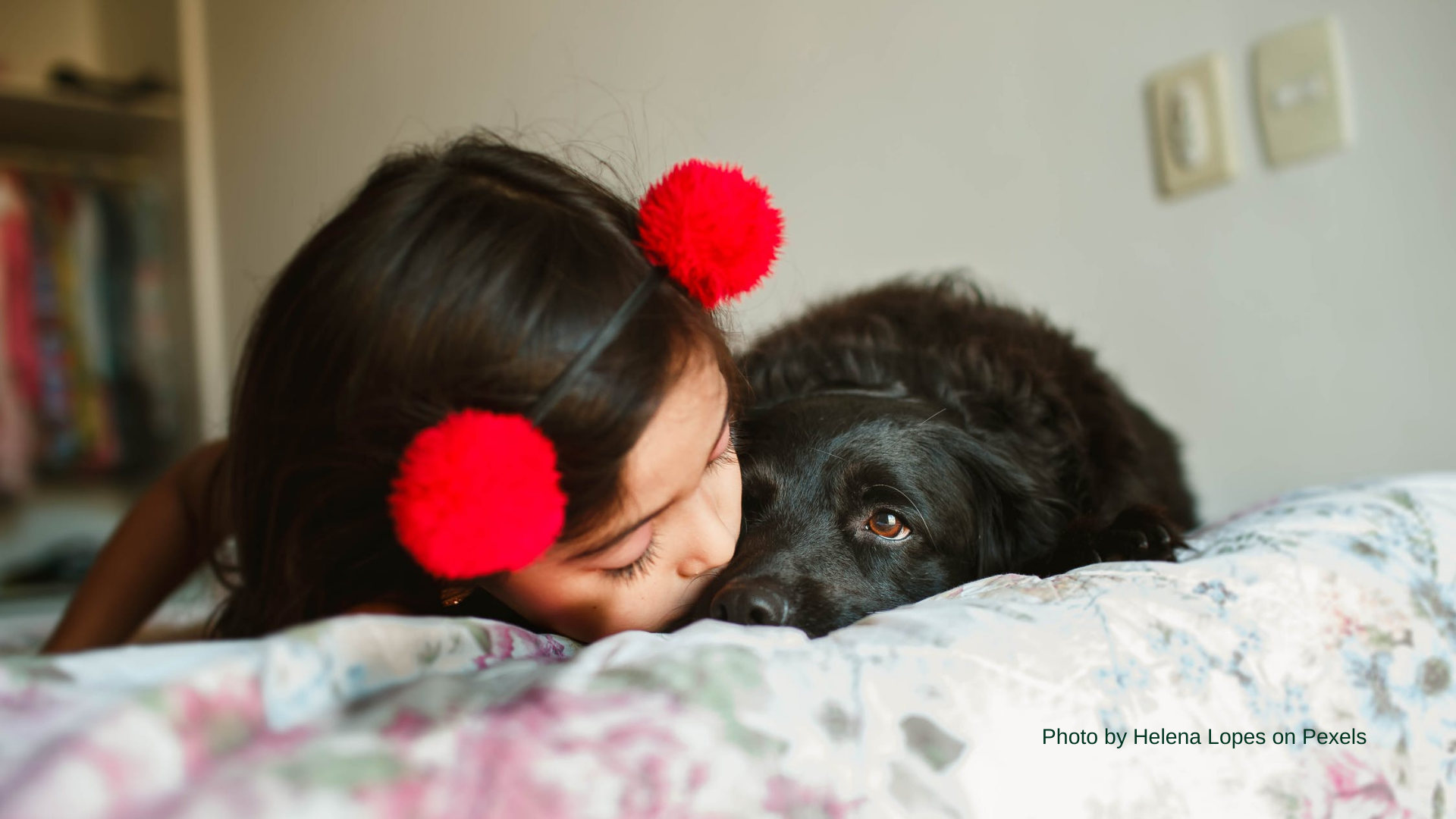
Cross-referencing you through your phone and online data has become so easy, it’s never a waste of time to do more to protect yourself online.
Case in point is the riot that happened at the U.S. Capitol on January 6. It may be even easier now for authorities to track down suspects than the day it happened. If it’s not a geotagged photo, it’s through a Facebook post, facial recognition image, or trip on Waze.
Most people know they leave a digital breadcrumb trail. Yet, many are shocked by how easily the New York Times found riot participants through their smartphone data.
It’s not enough to maintain the durability of our bodies and minds in the physical world. We need to actively manage our digital lives so our best interests there are also served.
A good place to start is knowing how your data is generated online and the ways it may be tracked.
The Netflix movie, The Social Dilemma, gives a good taste of how we’re all at risk. If you read no further, here are 13 ways out of the dilemma.
Another real eye-opener is a new report compiled by data researchers at BroadbandSearch, Internet Censorship in 2021: Where the World Stands Today.
Highlights from the report:
Terminology Matters
In order to discuss data privacy and protection, it’s important to know the meaning of common terms. There are big differences, for instance, between the terms “Content Moderation,” “Censorship,” and the less familiar “Reverse Censorship.” Continue reading





